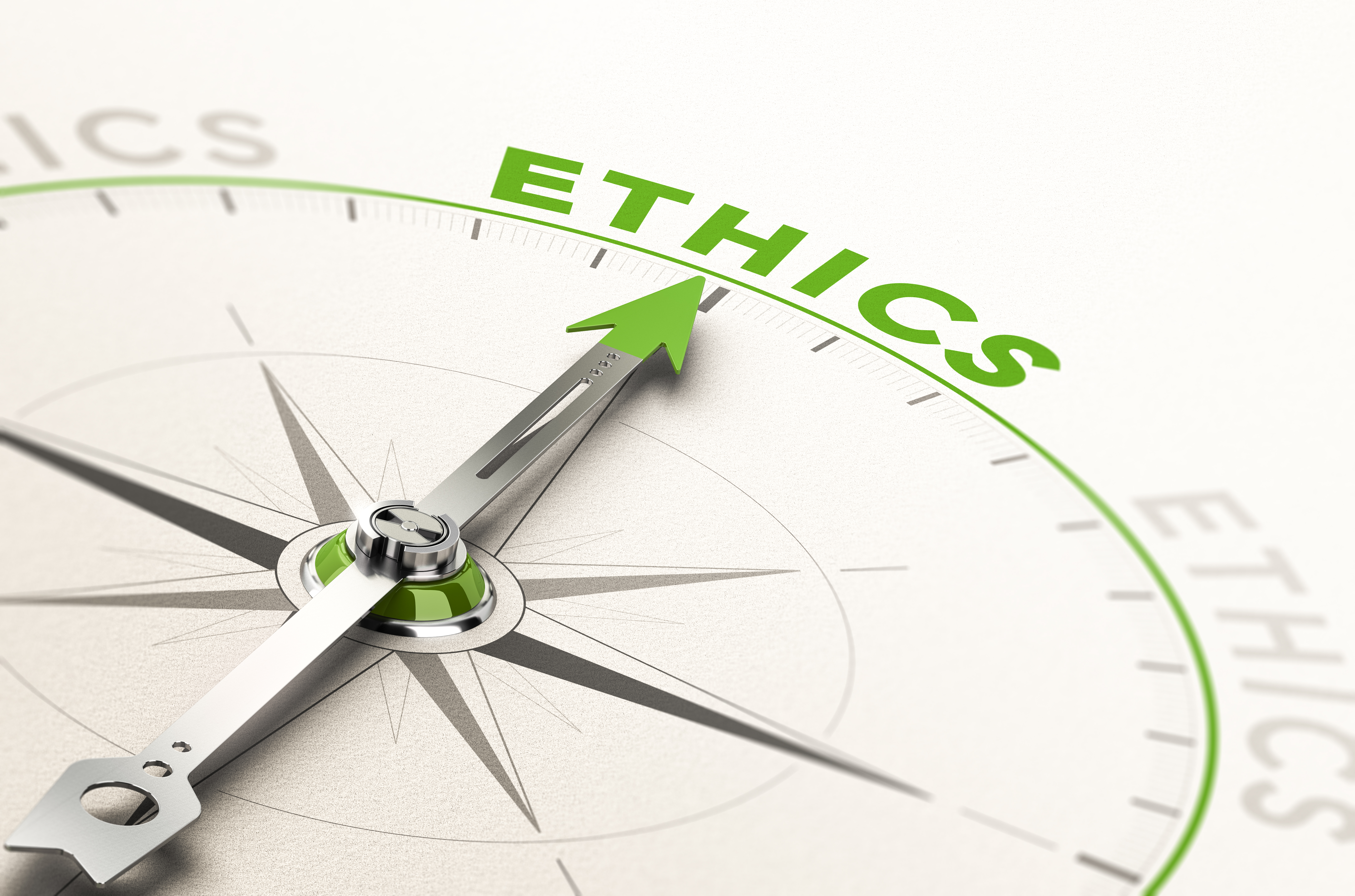A 65-year-old woman with colon cancer tells a hospital chaplain she has “made peace with God” and requests palliative rather than aggressive treatment. She does not want to burden her husband by prolonging her life.
Her husband, however, is not ready to lose his life partner. He urges her to continue chemotherapy, as does her medical team. Reluctantly, the patient tells her chaplain she’ll do what others think is best.
That case, based on the real-life experiences of chaplains at The Johns Hopkins Hospital, was the topic of a recent Ethics for Lunch discussion. Each month, the Berman Institute of Bioethics and The Johns Hopkins Hospital’s Ethics Committee and Consultation Service convene
a panel of Johns Hopkins experts for a one-hour talk about ethical challenges in the world of medicine.
December’s talk explored the role of spiritual care at Johns Hopkins hospitals. Patients do not need to be near death or even particularly religious to benefit from time with chaplains, who work both within and outside faith traditions to relieve suffering by serving as sounding boards, counselors and prayer partners, says Ty Crowe, director of pastoral care for The Johns Hopkins Hospital.
Chaplains at The Johns Hopkins Hospital are available around the clock and log about 1,500 patient interactions per month by request and referral, Crowe says. They also support family members and hospital staff members. Spending time with patients and their families can yield important insights, said panelist Alison Turnbull, an epidemiologist who studies how critically ill patients make decisions. Of the case study patient, Turnbull said, “What’s most important to her is her family and how she supports them in her last days.
“She has come to the conclusion that the way to do that is to not be a burden,” Turnbull continued. “But you may be able to help her see it differently: ‘What you can do for your family is help them prepare for your death. And that may take another round of chemo. They may need that additional time.’”
Ethics for Lunch discussions are held the third Tuesday of each month. The schedule may be found at bioethicsinstitute.org/efl.

